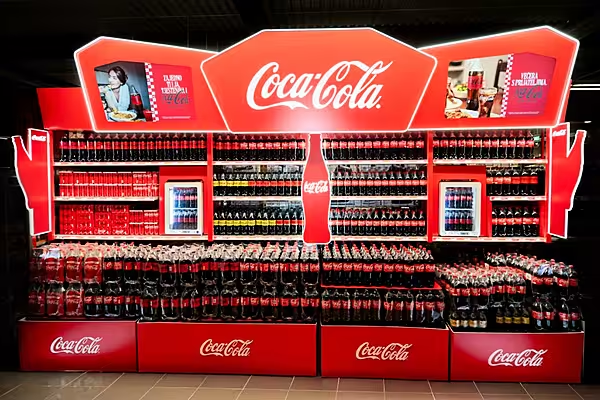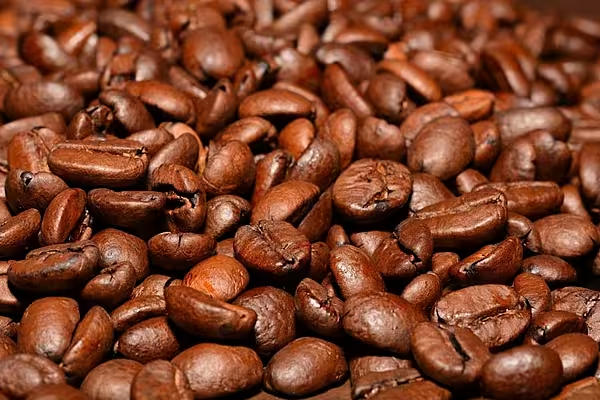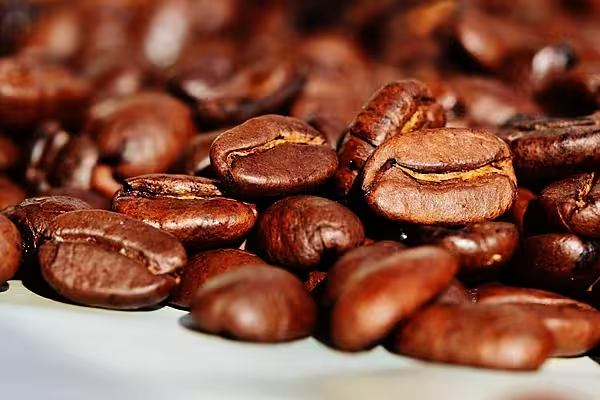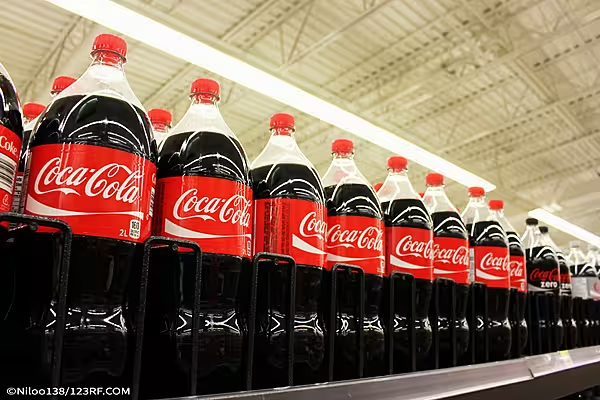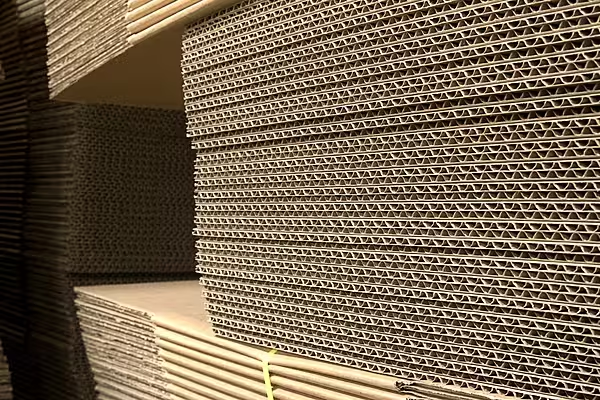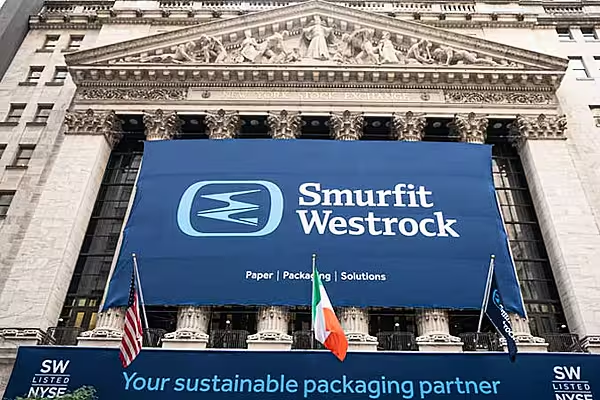Coffee seems to be one product that has always provoked strong opinions among consumers. We have all heard the term 'coffee snob', and the chances are we all probably know one!
With this in mind, Amcor, a global packaging company, surveyed more than 1,600 European coffee consumers about their preferences and the factors that shape their coffee purchasing decisions.
The research reveals that European coffee consumers prioritise factors such as taste, aroma, brand, and price when selecting coffee.
Packaging And Recyclability
The research also shows that consumers are increasingly taking other considerations such as packaging and recyclability into account, a factor that may not have been the case in previous years.
According to Amcor, nearly 70% of shoppers have, at least sometimes, based their coffee choices solely on packaging.
In particular, the research found that packaging is a particularly important purchase driver for 18-34 year olds.
Elsewhere, half of respondents (50%) see the convenience of coffee packaging as vital, while 33% of consumers state that they would not repurchase a particular pack if it was not easy to use.
Amcor recommends that coffee brands highlight packaging functionality with clear on-pack graphics and messaging.
'Purchasing Decisions'
“These insights underscore the positive correlation between packaging and fostering brand trust,” says Giorgio Dini, coffee marketing manager at Amcor.
“Well-designed packaging can align with consumer preferences and significantly influence their purchasing decisions.”
Sustainability Focus
Not surprisingly, modern European consumers expect an increased focus on sustainability from the coffee brands they purchase.
According to the study, 44% state that sustainability has a positive influence on repurchasing decisions.
Once again, the 18-34 demographic considers this a core factor, with 46% prioritising social and environmental factors when choosing a coffee to purchase.
Finally, when it comes to coffee packaging, consumers prioritise 'less plastic' and 'recyclability' as their preference.
This sentiment was particularly strong in Britain, where 73% of UK respondents rated 'recyclability' as the most important claim.

